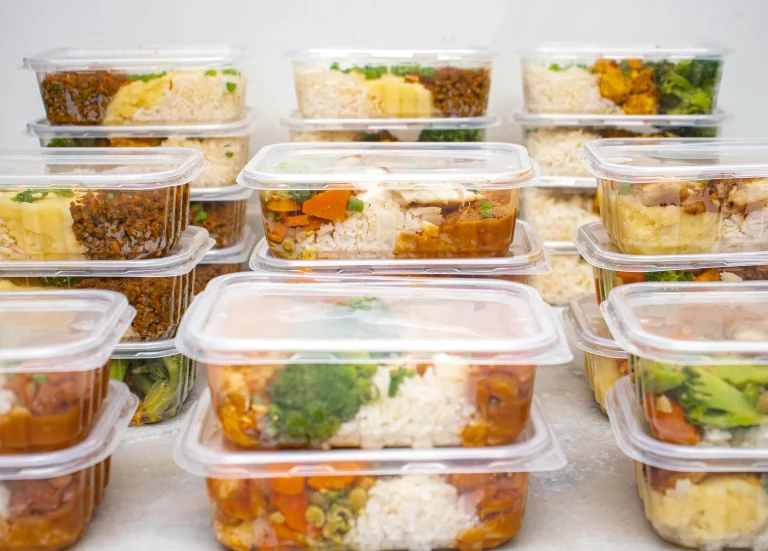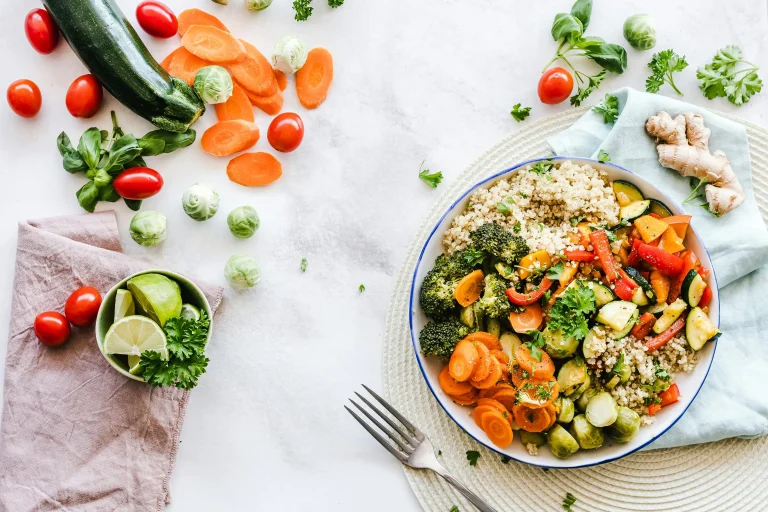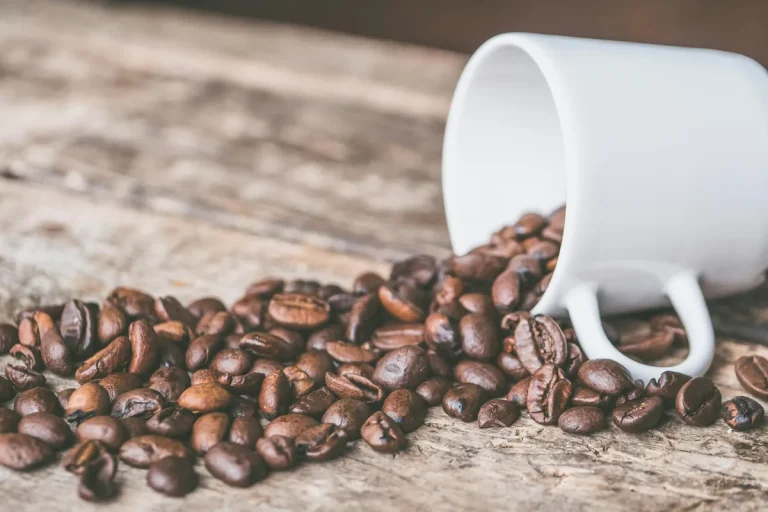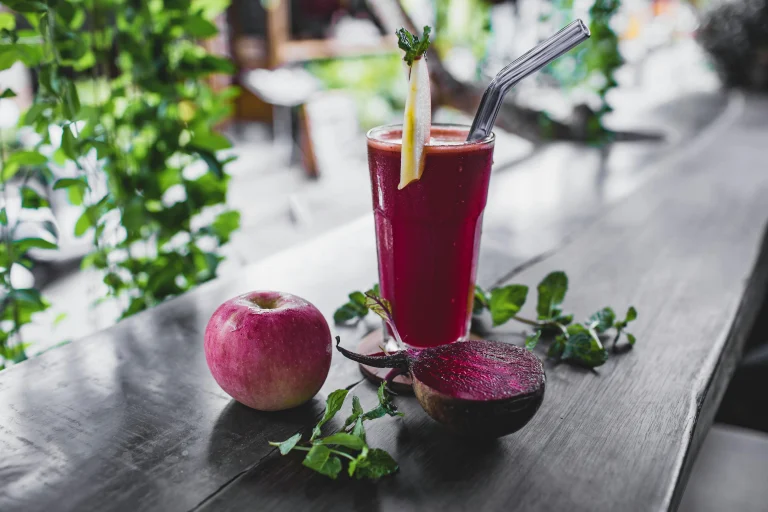Water is essential, but it’s not the whole story. When it comes to hydration, electrolytes play a starring role. These charged minerals help your body absorb water, regulate nerve and muscle function, and maintain fluid balance. Without them, even the purest water can fall short especially during intense workouts, heat exposure, or illness.
So when do you actually need more than water? And how do electrolytes work behind the scenes to keep your body running smoothly? Let’s break it down.
What Are Electrolytes and Why Do They Matter?
Electrolytes are minerals that carry an electric charge. The main ones include sodium, potassium, calcium, magnesium, and chloride. They’re found in your blood, tissues, and cells and they’re essential for:
- Muscle contraction and nerve signaling
- Regulating blood pressure and pH levels
- Transporting nutrients and waste
- Balancing fluid inside and outside cells
Your body gets electrolytes from food and drink, and loses them through sweat, urine, and other bodily functions. When levels drop too low or become imbalanced symptoms can range from fatigue and cramps to dizziness and confusion.
When Water Isn’t Enough: Signs You Need Electrolytes
Most people hydrate with water alone, which works well for everyday needs. But certain situations demand more:
By signing up, you agree to receive emails from RealFit Wellness. You can unsubscribe anytime. See our Privacy Policy.
Your Weekly Wellness Boost
- Intense exercise: Sweating heavily during workouts depletes sodium and potassium
- Hot climates: Heat increases fluid and electrolyte loss
- Illness: Vomiting, diarrhea, and fever accelerate dehydration
- Fasting or low-carb diets: These can flush out sodium and magnesium
- Alcohol or caffeine intake: Both act as diuretics, increasing fluid loss
- Stress: Chronic stress affects adrenal function and electrolyte balance
If you feel lightheaded, sluggish, or experience muscle cramps despite drinking water, it may be time to replenish electrolytes.
How to Rehydrate Smarter: Electrolyte Sources and Drinks
Electrolytes can be replenished through food, supplements, or specialised drinks. Here’s how to choose wisely:
Natural food sources:
- Sodium: Sea salt, olives, pickles
- Potassium: Bananas, sweet potatoes, spinach
- Magnesium: Nuts, seeds, dark chocolate
- Calcium: Dairy, leafy greens, fortified plant milks
Electrolyte drinks:
- Sports drinks (e.g. Gatorade, Powerade): Effective but often high in sugar
- Electrolyte powders/tablets: Customisable and portable
- Coconut water: Natural source of potassium and magnesium
- DIY mix: Water + pinch of sea salt + splash of citrus + honey or maple syrup
Look for drinks with a balance of sodium, potassium, and magnesium—especially if you’re training hard or recovering from illness.
Tips for Maintaining Electrolyte Balance
Hydration isn’t just about what you drink it’s about how your body retains and uses it. Here’s how to support electrolyte balance daily:
- Don’t overhydrate: Excess water can dilute electrolytes and cause imbalance
- Add minerals to your water: A pinch of Himalayan salt boosts absorption
- Time your intake: Drink electrolyte-rich fluids before and after workouts
- Monitor your sweat rate: Heavier sweaters may need more sodium
- Use supplements wisely: Choose clean formulas without artificial additives
If you’re unsure, start with small adjustments and track how your energy, focus, and recovery respond.






